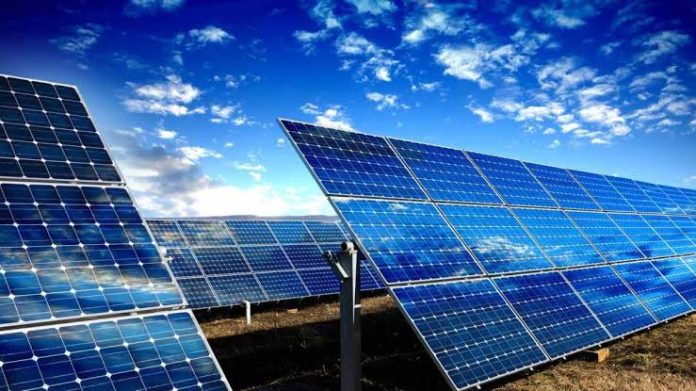The Sindh government, in partnership with the World Bank, is launching an initiative to provide complete solar systems to the public at an affordable price of Rs7,000. This program is designed to tackle energy challenges by equipping 200,000 households with solar systems. These systems will be able to power a fan and three LED bulbs, offering a sustainable solution to electricity needs.
Out of the total households, 50,000 will be in Karachi. The project is set to begin in October, with each district receiving 6,656 solar systems. This initiative is funded by the World Bank, which has allocated $32 million for the project. The effort is part of Sindh’s broader strategy to boost its solar energy capacity, which currently stands at 400MW.
Additionally, the Punjab government has announced a similar initiative to support low-consumption households. They plan to distribute free solar systems to 50,000 households. This program is fully funded by the Punjab government at a cost of Rs10 billion.
These initiatives by both Sindh and Punjab governments aim to promote renewable energy, reduce dependence on traditional power sources, and provide affordable energy solutions to households.
By implementing these solar projects, the governments seek to address ongoing energy shortages, support sustainable development, and improve the quality of life for residents. The distribution of solar systems will not only help in cutting electricity bills but also in reducing the environmental impact associated with conventional energy production.
The collaborative efforts between the Sindh government and the World Bank highlight the importance of international cooperation in addressing local energy challenges.
Meanwhile, Punjab’s fully funded project demonstrates a strong commitment to supporting low-income households. Both projects are expected to have a significant positive impact on the regions’ energy landscapes and set a precedent for future renewable energy initiatives in Pakistan.


